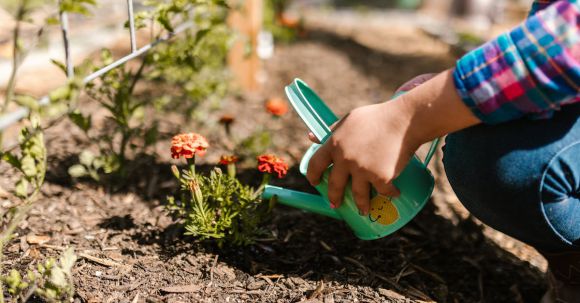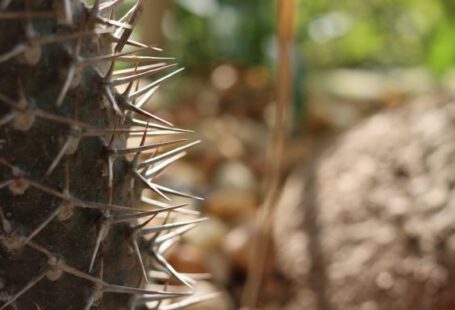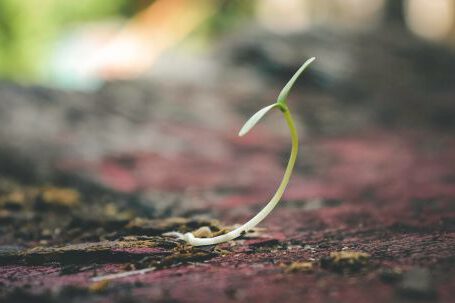Mulching is an important step in maintaining a healthy garden. Not only does it help retain moisture in the soil, but it also suppresses weed growth and regulates soil temperature. However, timing is crucial when it comes to mulching. Mulch too early, and you risk trapping in cold temperatures and hindering the growth of your plants. Mulch too late, and weeds may have already taken hold. So, when is the best time to mulch your garden? Let’s explore.
Spring: The Start of a New Growing Season
As the cold winter months give way to spring, gardeners eagerly prepare their beds for planting. Spring is an ideal time to mulch your garden, as it helps to lock in moisture during the growing season. Applying a layer of mulch in early spring can also help regulate soil temperature, protecting delicate roots from temperature fluctuations. Additionally, mulch acts as a barrier, preventing weed seeds from germinating and competing with your plants for nutrients.
Summer: Maintaining Moisture and Suppressing Weeds
As the temperatures rise and the days get longer, mulching becomes even more important. In the heat of summer, mulch acts as a protective layer, shielding the soil from the scorching sun and reducing water evaporation. Applying a fresh layer of mulch in mid-summer can help retain moisture, keeping your plants hydrated and healthy. Moreover, mulch acts as a natural weed suppressant, preventing weeds from taking over your garden beds.
Fall: Preparing for Winter
As the growing season comes to a close, it’s time to prepare your garden for the winter ahead. Applying mulch in the fall helps insulate the soil, keeping it warmer for longer and protecting the roots of perennial plants. This is particularly important in colder climates, where frost can damage plant roots. Mulching in the fall also helps prevent soil erosion during heavy rains and provides a protective layer against harsh winter winds.
Winter: Mulching for Cold Protection
Although mulching is typically associated with warmer months, winter mulching can be beneficial in certain situations. In areas with milder winters, a layer of mulch applied in late winter can help protect plants from unexpected frosts. This is especially true for plants that are marginally hardy in your region. However, it’s important to note that mulching too early in winter can actually insulate the ground and delay the natural dormancy period of your plants.
Conclusion: Timing is Everything
In conclusion, the best time to mulch your garden depends on the season and the needs of your plants. Spring mulching helps retain moisture and suppress weeds, while summer mulching maintains moisture and regulates soil temperature. Fall mulching prepares your garden for winter by insulating the soil and protecting plant roots. Winter mulching can be beneficial in milder climates to protect plants from unexpected frosts. By understanding the needs of your garden and timing your mulching accordingly, you can ensure the health and vitality of your plants year-round. So, don’t wait – mulch at the right time and enjoy the benefits it brings to your garden.





